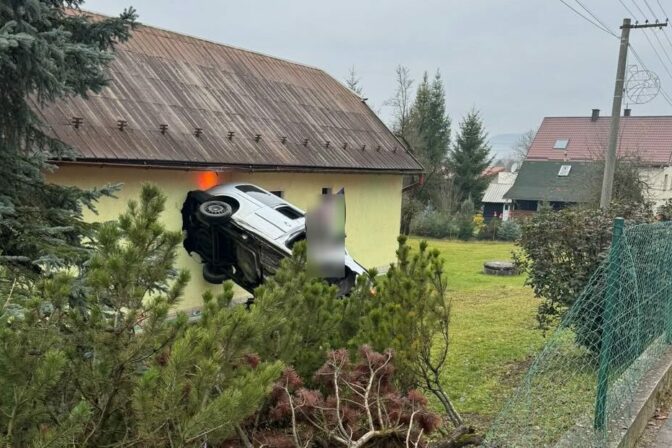BRATISLAVA, May 2, (WEBNOVINY) — Slovak Foreign Affairs Minister Mikulas Dzurinda met with Slovak members of the European Parliament and members of the Parliamentary Foreign Committee on Monday over pressing issues in Bratislava-Budapest relations. Dzurinda said that high on the agenda of the meeting he initiated in reaction to Budapest’s controversial legislation were the dual citizenship regulations, Hungary’s new constitution (which stipulates that care for foreign Hungarians is the responsibility of their motherland and encourages them to apply their collective rights) and also the laws that might ensue from the new constitution. He emphasized points in the Hungarian Constitution, the application of which in daily practice might lead to misunderstandings or worsening of bilateral relations, which „we certainly do not want.” They discussed how to prevent this; Dzurinda thinks the best way would be good neighborhood relations. “To have mutual respect and if we are interested in pushing through some measures in a neighboring country then, namely in the case of Hungary, it is necessary to use the basic interstate treaty or one of joint commissions,” said Dzurinda.
Dzurinda went on to say that the outcome of the Monday meeting was agreement on “ … close contact, and also that that everybody contribute to the goals from their position.” The participants did not want to formalize the results of the session as it is not possible, according to Dzurinda. “The debate was calm though with varied tones,” admitted the minister. He said that the Council of Europe, the Venice Commission and the OSCE high commissioner for national minorities have been interested in the issue for some time, while he does not rule out the possibility that formal activities may also appear in the European Parliament.
MEP Boris Zala (SMER-SD) thinks that Slovakia should have taken respective steps before Hungary adopted its new constitution. “We agreed that there is nothing to agree on; ideas about a prudent and unemotional attitude hide the fact that the government is not certain about what steps it should take regarding the constitution and impacts ensuing from it.” Although Slovakia’s reaction is late according to Zala, he still thinks that it is necessary to take steps in the application of laws, particularly in that concerning voting rights [for ethnic Hungarians not living in Hungary — SITA note]. He underscored that voting rights also apply to the European Parliament and Hungary is likely to ask for changed quotas based on a higher number of citizens with voting rights.
MEP Alajos Meszaros (SMK) admits that, as a member of an ethnic minority, his view on this issue is rather different. He considers Slovakia’s steps rather premature and not quite appropriate. He said that the Hungarian Constitution has been in effect for just a week and Slovakia does not know yet how it will be applied and will have to wait for laws supplementing the constitution. Meszaros said he had read the approved Hungarian Constitution and he does not see anything offensive or dangerous to the future for Slovakia in it. According to him, most things are cited from the preamble, which is always something of a fairy tale, in his opinion. In this case it is a look back at history and an emotionally processed message of the Hungarian nation. Therefore, Slovakia should not automatically read that steps against neighboring states will ensue from it. Meszaros, however, admitted that he would like to have a voting right in Hungary.
Slovak Foreign Minister Mikulas Dzurinda is to meet with his Hungarian counterpart Janos Martonyi on May 12 to debate the open issues between their countries.
SITA












